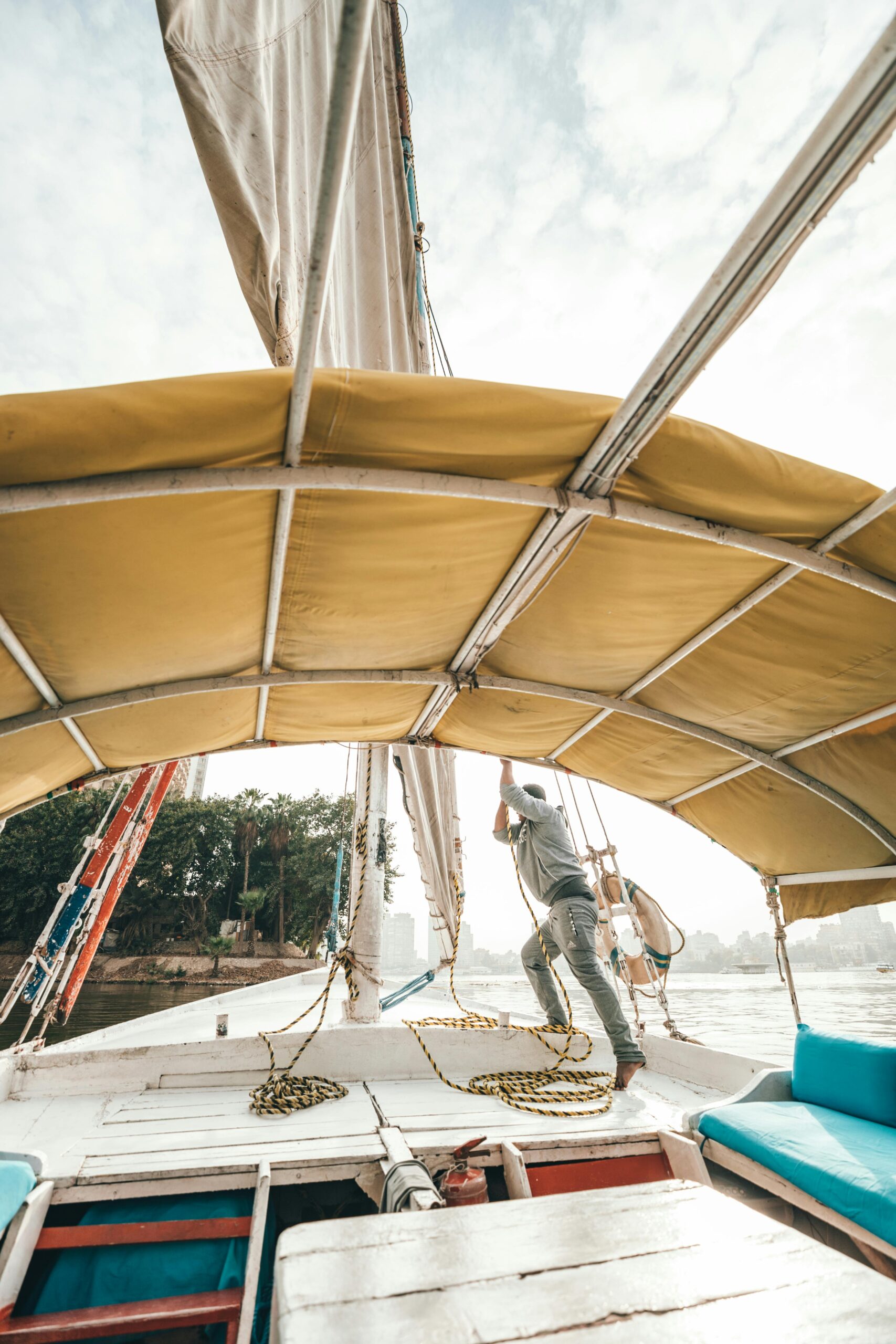Top 10 Things New Boat Owners Should Know

Owning a boat is a dream come true for many, offering the freedom to explore open waters, fish, or simply enjoy time with family and friends. However, being a new boat owner comes with a set of responsibilities and knowledge that ensures safety, enjoyment, and the longevity of your investment. Here are the top 10 things every new boat owner should know:
1. Understand Your Boat’s Operation and Controls
Before setting sail, familiarize yourself with all aspects of your boat’s operation. This includes knowing how to start and stop the engine, control the throttle, and steer. Spend time learning how to dock, anchor, and maneuver in various water conditions. Reading the owner’s manual thoroughly can provide valuable insights into your specific boat model.
Key Points:
- Study the owner’s manual.
- Practice basic maneuvers in calm waters.
- Learn to dock and anchor effectively.
2. Safety Equipment is Non-Negotiable
Safety should always be your top priority. Ensure your boat is equipped with all the necessary safety equipment, including life jackets, fire extinguishers, flares, and a first-aid kit. Regularly check that all safety gear is in good working condition and easily accessible.
Key Points:
- Carry enough life jackets for all passengers.
- Keep a well-stocked first-aid kit onboard.
- Regularly inspect and maintain safety equipment.
3. Know the Rules of the Water
Understanding boating regulations and waterway rules is crucial. These rules are designed to keep everyone safe and prevent accidents. Familiarize yourself with navigation rules, right-of-way protocols, and any local regulations that may apply to the waters you navigate.
Key Points:
- Learn the “rules of the road” for boating.
- Understand right-of-way and navigation lights.
- Stay informed about local boating regulations.
4. Perform Regular Maintenance
Regular maintenance is essential to keep your boat running smoothly and prevent costly repairs. Develop a maintenance schedule that includes checking the engine, inspecting the hull, cleaning the deck, and ensuring all systems are functioning correctly.
Key Points:
- Follow a regular maintenance schedule.
- Check the engine and fuel system frequently.
- Clean and inspect the hull for damage or wear.
5. Understand Weather Conditions
Weather can change rapidly on the water, and being unprepared can lead to dangerous situations. Learn to read weather forecasts and recognize signs of changing weather. Always plan your trips with current and forecasted weather conditions in mind.
Key Points:
- Check weather forecasts before heading out.
- Learn to interpret weather patterns and signs.
- Be prepared to change plans if the weather turns bad.
6. Plan and Share Your Itinerary
Before setting off, plan your trip and share your itinerary with someone onshore. This should include your planned route, departure and return times, and any stops along the way. In case of an emergency, having someone aware of your plans can be crucial.
Key Points:
- Plan your route and schedule.
- Share your itinerary with a trusted person.
- Update them if there are any changes to your plans.
7. Develop Boating Skills and Knowledge
Taking a boating safety course can significantly enhance your knowledge and confidence. These courses cover essential topics such as navigation, boat handling, emergency procedures, and safety regulations. They can also provide valuable certifications recognized by authorities.
Key Points:
- Enroll in a boating safety course.
- Practice your skills regularly.
- Stay updated with ongoing education opportunities.
8. Be Mindful of Fuel Management
Running out of fuel on the water can be more than just an inconvenience—it can be dangerous. Always ensure you have enough fuel for your trip, including a reserve. Understand your boat’s fuel consumption rate and plan accordingly.
Key Points:
- Know your boat’s fuel consumption rate.
- Always carry extra fuel.
- Regularly check fuel levels during your trip.
9. Respect the Environment
Boating responsibly includes respecting the marine environment. Avoid polluting the water with fuel or waste, adhere to no-wake zones to protect shorelines, and be cautious of wildlife. Follow the principles of “leave no trace” to preserve the beauty of the waterways for future generations.
Key Points:
- Dispose of waste properly.
- Follow no-wake zone regulations.
- Be mindful of marine wildlife and habitats.
10. Build a Network of Fellow Boaters
Joining a boating community can provide support, knowledge, and camaraderie. Whether through local boating clubs, online forums, or social media groups, connecting with experienced boaters can offer valuable tips, advice, and friendship.
Key Points:
- Join local or online boating communities.
- Participate in group events and outings.
- Share experiences and learn from others.
Conclusion
Becoming a boat owner is a rewarding experience that comes with responsibilities. By understanding your boat’s operation, prioritizing safety, respecting regulations, and continuously learning, you can ensure a safe and enjoyable time on the water. Remember, the more knowledgeable and prepared you are, the more confident and relaxed your boating adventures will be.

